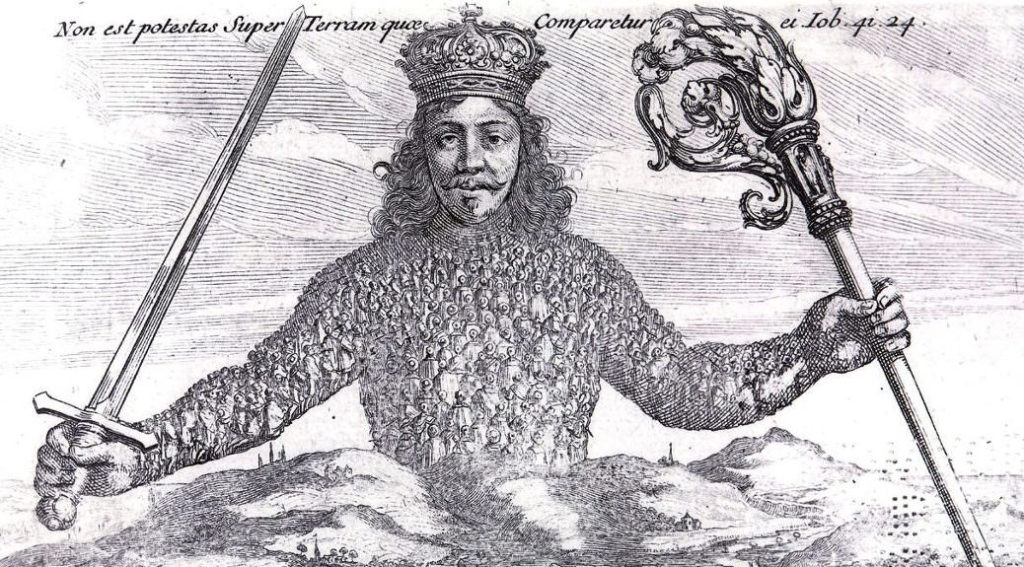Statecraft or Command Decision? Democratic People’s Republic of Korea (DPRK), Russian Federation, and Kingdom of Saudi Arabia

Does it seem fit for the West, Britain and the U.S., to sanction, issue ultimatums, and make threats on countries they do business with, or attempt to infiltrate – all on the basis of criminal accusations from the international community? Let’s discuss three reported crimes:Kim Jong-nam’s assassination on 2.13.17; Sergei Skripal and his daughter Yulia’s poisoning on 3.4.2018; and Jamal Ahmad Khashoggi’s assassination on 10.2.2018.
The “court of public opinion” has had much to say. Yet, we’ve heard little from the International Court of Justice (ICJ), and this may be just as well. S. Gozie Ogbodo notes that “. . . the ICJ is ill-equipped to tackle modern international disputes . . .” That being the case, I thought it best to conduct a comparative analysis of the three crimes.
Frame-up or Does the Crime Become Them?
To be clear, my intent is not to pass judgment. It’s quite clear the West has already done so. I thought I’d simply put the facts on the table and offer two proposals: Each of the suspect states decided to order the crime as accused OR agents (foreign or domestic) had a vested interest in devising a frame-up to undermine the leaders of DPRK, Russia, and Saudi Arabia.
Putting aside the known criminal logistics of means and opportunity allows us to center on motive, examining each suspect state’s critics and the timing of the crimes:
DPRK
Kim Jong-nam reportedly had attempts made on his life soon after his being exiled from North Korea in 2003. It’s noteworthy to consider the sources reporting that Kim Jong Un, Supreme Leader of North Korea, ordered the killing of his brother. Were these sources independent or bias? Why would Kim Jong Un, as has been alleged, wait until February of 2017, a month after President Donald Trump took office and year before the scheduled Olympic Games in South Korea? The Guardian February 2018 article notes, ”The vice-president, Mike Pence, will stop North Korea “hijacking” the Winter Olympics, an aide said on Sunday, by using his own presence at the Games…”
Presupposing a shared global sentiment, “We are seeing unprecedented level of international cooperation on the maximum pressure strategy targeting the Kim [Jong-un] regime, and the vice-president will make clear that this maximum pressure campaign will only intensify.” However, it appears this “maximum pressure campaign” goes back a year.
In the July/August of 2017 issue of The Atlantic, Mark Bowden notes, “I spoke with former officials from the White House, the National Security Council, and the Pentagon . . . [and] From these conversations, I learned that the U.S. has four broad strategic options for dealing with North Korea and its burgeoning nuclear program.” The following is a brief summary of those options outlined by Bowden and my questions/comments following each:
1. Prevention: A crushing U.S. military strike to eliminate Pyongyang’s arsenals of mass destruction, take out its leadership, and destroy its military. [Iraq WMD approach?]
2. Turning the screws: The goal would be to leave Kim Jong Un in power, but force him to abandon his pursuit of nuclear ICBMs. [How did U.S.- Iran Deal work out?]
3. Decapitation: Removing Kim and his inner circle, most likely by assassination, and replacing the leadership with a more moderate regime willing to open North Korea to the rest of the world. [Will the U.S. be the one to implement this “moderate regime,” subcontract it out, or leave it to the people like in Libya?]
4. Acceptance: The hardest pill to swallow—acquiescing to Kim’s developing the weapons he wants, while continuing efforts to contain his ambition. [It appears the U.S. has taken a big gulp]
Russia
Sergei Skripal is reported to be a former Russian military officer who served as a double-agent for Britain. He is said to have resided in the U.K. for close to a decade before his being poisoned in March 2018. The beginning of 2018 appears to have been a critical year for Russia with media reports positioning Vladimir Putin as the winner in the presidential election and hosting that summer’s FIFA World Cup. Negative publicity could have put a dark shadow on Russia and the World Cup, by which Putin’s enemies could have benefited.
British Prime Minister Theresa May has reportedly stated that Russia was “highly likely” behind the attack on Skripal.Yet, a March 2018 Vanity Fair articlenotes “the city [London] has offered political asylum to many of Vladimir Putin’s enemies, who have, in turn, attracted an army of Russian spies.” If there’s any truth to May’s comment, replacement for Skripal may not be a problem.
Saudi Arabia
Jamal Ahmad Khashoggi reportedly fled his country about one year before he is said to have gone missing in early October 2018. Though having reportedly been critical of Crown Prince Mohammad bin Salman and his country’s actions, he decidedly walked into a consulate of Saudi Arabia, albeit on Turkish land, not to be seen again.
Coming into power and appointed Crown Prince in June 2017, Prince Mohammad bin Salman’s actions were reportedly critiqued. Recall what transpired at the The Ritz-Carlton Riyadh and “the crackdown that started on November 4 [2017].” The hotel reportedly “turned into a detention centre for hundreds of Saudi princes and tycoons . . .” Did the incident sow the seeds of vengeance from the “kingdom’s highest profile businessmen”? Time may tell.
Statecraft or Command Decision?
After much speculation, coincidence and circumstantial evidence gives rise to reasonable doubt. Considerable time had elapsed since all three victims, Kim Jong-nam, Sergei Skripal, and Jamal Ahmad Khashoggi had decidedly left their country of origin until the dates of the incidents, begging the question at the time, why now? All three crimes were committed within the scope of 20 months.
Reportedly, the weapons used – chemical weapon, nerve agent, and dismemberment – are known to be used in defensive warfare by the suspect states. Their use was not surprising to the public given the proliferation of films, books, security briefings and reports conveying such measures by the West.
Crimes and assassinations are typically country specific. Firearms have been the weapon of choice in the U.S. going back to President Abraham Lincoln. The assassinations of John F. Kennedy, Robert F. Kennedy, Martin L. King, Jr., and Malcom Little (Malcom X), all within five years, were with a firearm. As guns are a staple in American society, the weapon of choice was likely not brought into question. These crimes continue to be disputed alleging those that ordered the “hit” were agents foreign or domestic.
Unlike these American crimes which took place in the U.S., the reported crimes against Kim Jong-nam, Sergei Skripal and his daughter Yulia, and Jamal Ahmad Khashoggi took place on foreign soil, Malaysia, England, and Turkey, in an airport, park, and consulate, respectively. All in public venues.
Assuming the criminal charges brought against DPRK, Russia, and Saudi Arabia have any merit, on what basis does the U.S. and Britain threaten and sanction other governments’ actions towards their own citizens for actions that go against their laws? The U.S. federal government has tried, convicted, and executed their own citizens for spying. Which of the two U.S. laws may these suspect states follow – The “rule of law” with a right to counsel or “outside the law” sentenced indefinitely in Guantanamo?
Britain’s Prime Minister’s “highly likely” words were responded to quite cleverly by the Russian Foreign Ministry’s hashtag, “#HighlyLikelyRussia.” Given the reported U.S.-North Korea proposed nuclear disarmament deal and the U.S.-Saudi Arabia Arms Transfer, it seems highly unlikely the U.S. State Department will use hashtags “#HighlyLikelyDPRK” or “#HighlyLikelySaudiArabia.”
What the Future Holds?
In the U.S., they say lightening “doesn’t strike twice.” Perhaps, not in the same place. Looking forward, I anticipate old and new debates rising. In the U.S., Trump critics, fooled once, will not want to be shamed twice. Britain’s “House” is in disarray with the ongoing “Deal or No Deal” but they may just have to deal with tech giants as they toy with the idea of a new tax.
U.S. government is “shutdown” and the Britain House a stalemate. U.S. media focus has been on “high crimes and misdemeanors” and the ongoing Mueller investigation. “Oh, what a tangled web we weave, When first we practise to deceive!” Britain may wish to put its “House” in order while there’s still light. “It may have been [Robert] Fulton who first said, ‘The sun never sets on the British flag. God doesn’t trust it in the dark.’”
아는 길도 물어가라
“Do not be overconfident and assume that you know anything perfectly well. There are always unknown or unexpected details.”
Говоря́т, что кур доя́т.
“Don’t believe all the rumors.”
حبل الكذب قصير
“The rope of lies is short.”
